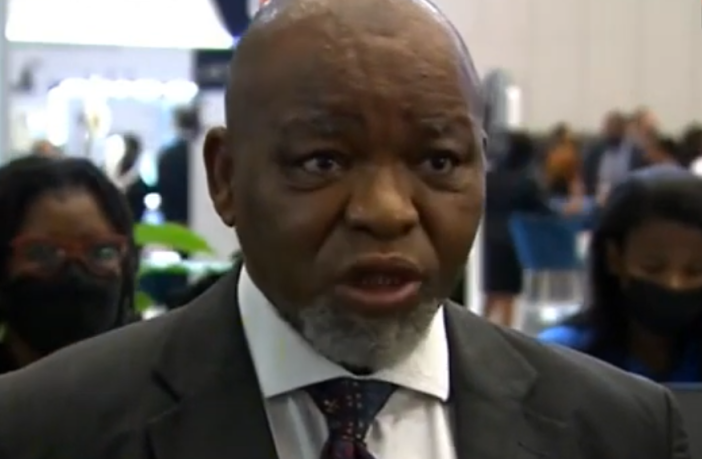- The original deadline of 31st July 2021 was set for independent power producers (IPP’s) appointed as preferred bidders, to reach financial close for their projects in South Africa’s Risk Mitigation Independent Power Producer Procurement Programme (RMIPPPP).
- It has since been extended multiple times.
- Only three Scatec projects, Kenhardt 1, 2 and 3, with a total capacity of 150MW, has managed to reach financial close – in July last year.
- The latest deadline for the remaining eight projects is 31 July 2023.
In March 2021 eight preferred bidders totalling 1845MW and a further 3 eligible bids from Scatec totalling 150MW were announced. The eleven projects awarded preferred bidder status outcome included three gas powership projects totalling 1220MW submitted by Turkish owned independent power producer Karpowership SA. The other eight power generation projects are made up of hybrid systems which include solar PV, wind and energy storage technology. The prices for the proposed solutions range from R1 468 per MWh to R1 885 per MWh. The weighted average price is R1 575 per MWh.
The eleven projects are projected to inject a total private sector investment amount of R45 billion to the South African economy, with an average local content of 50% during the construction period. South African entity participation from these projects is expected to be 51% with black ownership at 41%.
Around 3 800 job opportunities will be created during the 18 months construction period and a further 13 500 during the 20-year Power Purchase Agreement (PPA) term.
The objective of the RMIPPPP was to fill the current short-term supply gap, alleviate the current electricity supply constraints and reduce the extensive utilisation of diesel-based peaking electrical generators. The Determination for the RMIPPPP was gazetted on the 7th of July 2020 by South Africa’s Minerals and Energy Minister, Gwede Mantashe. The extended delays have become a source of embarrassment for the country. At the same time, the citizens of South Africa face and ongoing energy crisis with daily blackouts of up to 12 hours or more at times. Read more
Related news: ANC set to benefit directly from the Karpowership SA deal
Local content
The local content designated by the Department of Trade and Industry (DTI) for plant and components procured under the RMIPPPP is proving to be significantly unrealistic.
Local and sole solar panel frame supplier, Hulamin, has closed its aluminium extrusion and anodizing lines used to manufacture the frames forcing preferred bidders to look at full import of frames or entire modules. Under these circumstances, 65% local content criteria imposed by the DTI for the aluminium frames cannot be met.
40% local content is required for inverter suppliers under the RMIPPP is also not achievable.
Related news: SA Government Withdraws Enquiry into Mantashe’s Controversial 2000MW Risk Mitigation IPP Procurement Programme
Financial close challenging
In April last year, global news agency, Bloomberg, reported that the signing of power purchase agreements by preferred bidders for RMIPPPP are postponed due to “outstanding matters and conditions” with state-owned electricity utility Eskom Holdings SOC Ltd. Eskom has subsequently announced new grid capacity access rules for IPP’s. Read more
It remains unclear wether the remaining 8 projects will reach financial close. No announcement on a deadline extension has been made by the Department of Mineral Resources and Energy.
Author: Bryan Groenendaal















